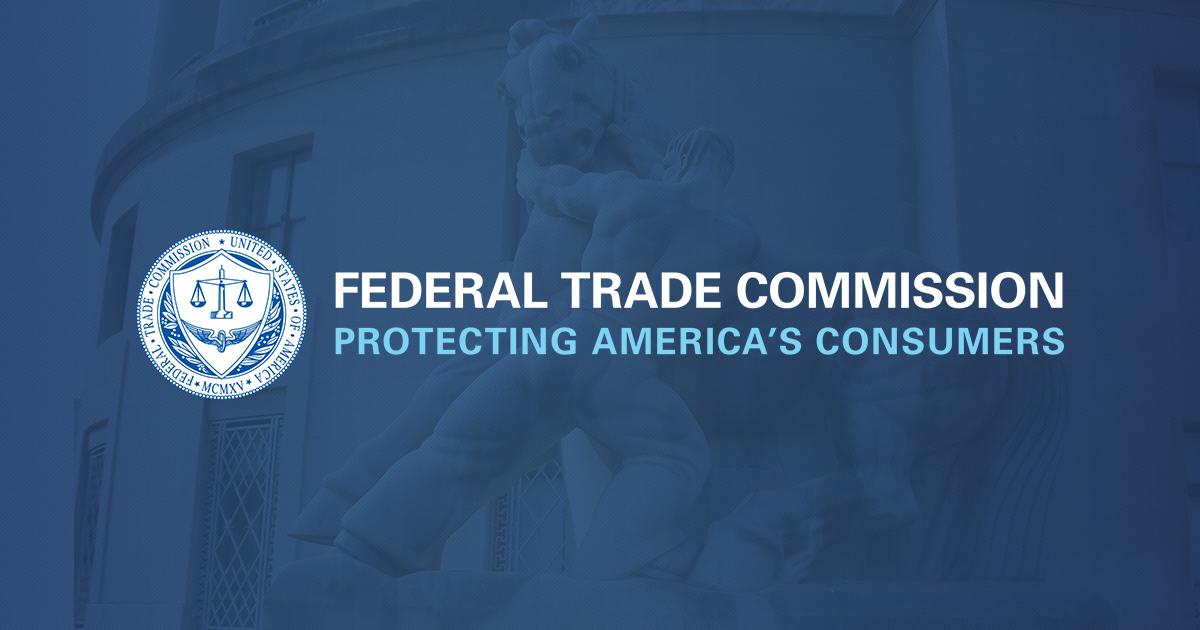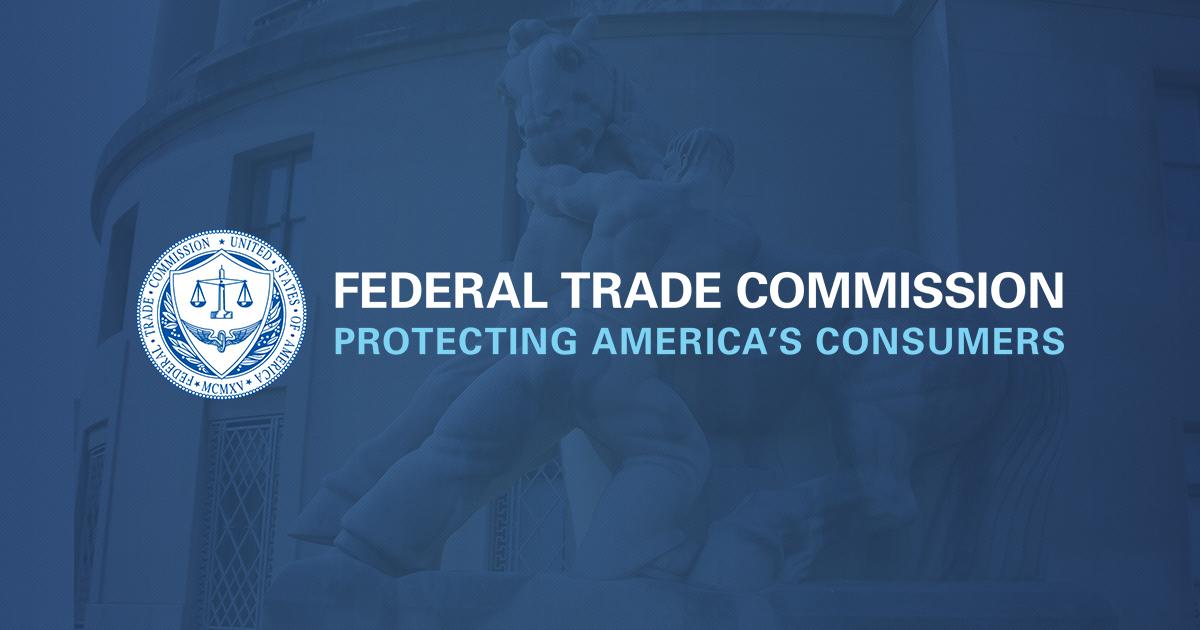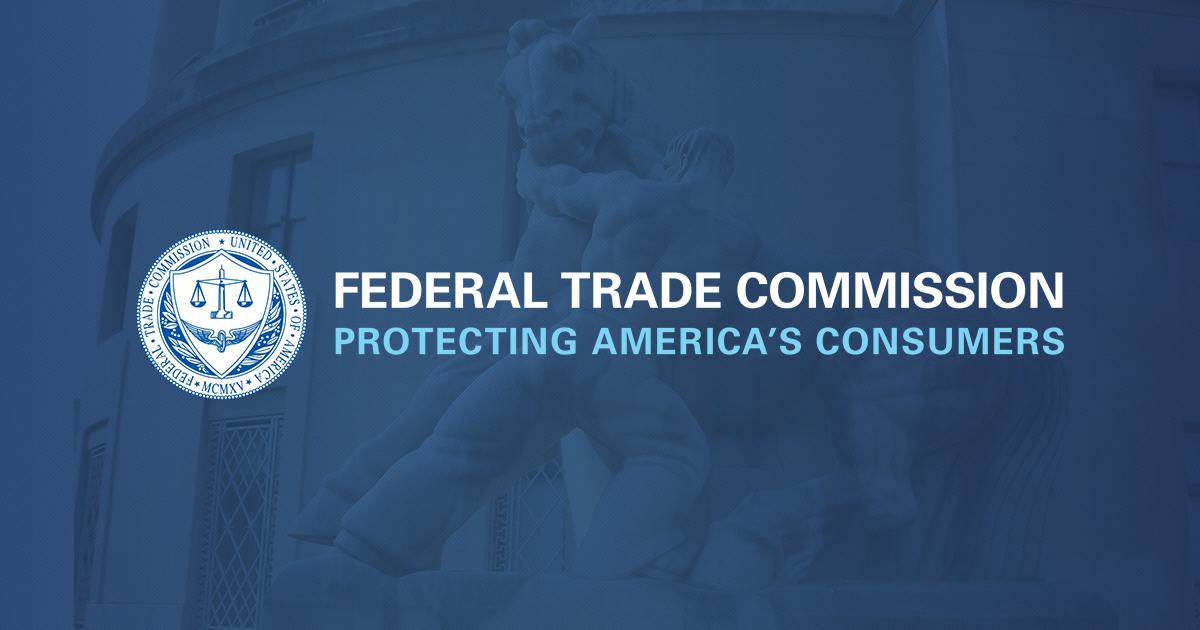A company that marketed itself as “the leader in home opiate detox since 2009” and its CEO have settled Federal Trade Commission charges that the withdrawal treatment claims for their “Withdrawal Ease” and “Recovery Ease” products were false or unsupported by scientific evidence.
The court order settling the FTC’s charges bars Catlin Enterprises, Inc. and George Catlin, based in Austin, Texas, from making claims about opiate withdrawal, opiate dependency, or other health conditions, including through their product names, unless they possess competent and reliable science to back up those claims.
“Opioid addiction is a scourge that has affected millions of Americans,” said Acting FTC Chairman Maureen K. Ohlhausen. “People who struggle with this problem need real help, not phony claims and false promises like the ones peddled by these defendants.”
According to the FTC’s complaint, the defendants violated the FTC Act by making unsubstantiated claims that Withdrawal Ease: 1) significantly alleviated the symptoms of opiate withdrawal; and 2) significantly increased the likelihood of a person overcoming opiate dependency. The defendants also allegedly misrepresented that clinical studies proved Withdrawal Ease’s effectiveness. The complaint charges the defendants with deceptively representing that Recovery Ease significantly alleviated long-term opiate withdrawal symptoms.
The proposed order settling the FTC’s complaint prohibits the defendants from making health claims, including claims that their products can alleviate withdrawal symptoms or help with drug dependency, unless the claims are non-misleading and are substantiated by scientific evidence. The terms of the order are very similar to those in the FTC’s recent case against Sunrise Nutraceuticals, another company that the FTC alleged lacked the necessary scientific evidence to prove its herbal product helped with opiate withdrawal.
Finally, the proposed order imposes a $6.6 million judgment against the defendants, which will be suspended based on their inability to pay.
The Commission vote authorizing the staff to file the complaint and to approve the stipulated proposed order was 2-0. The FTC filed the complaint and proposed order in the U.S. District Court for the Western District of Texas.
NOTE: The Commission files a complaint when it has “reason to believe” that the law has been or is being violated and it appears to the Commission that a proceeding is in the public interest. Stipulated court orders have the force of law when approved and signed by the District Court judge.
The Federal Trade Commission works to promote competition, and protect and educate consumers. You can learn more about consumer topics and file a consumer complaint online or by calling 1-877-FTC-HELP (382-4357). Like the FTC on Facebook, follow us on Twitter, read our blogs and subscribe to press releases for the latest FTC news and resources.



